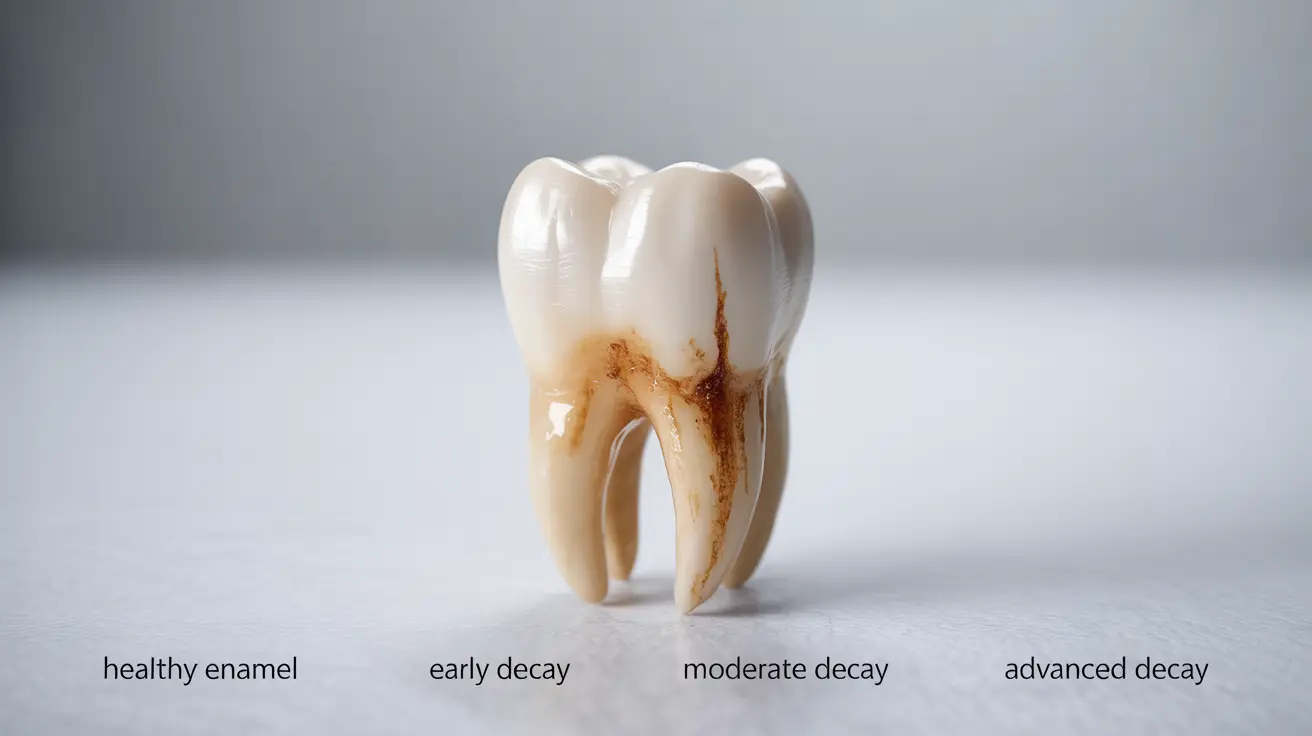Living with tinnitus can be challenging, and many people seek natural solutions through dietary supplements. While the effectiveness of supplements for tinnitus varies among individuals, understanding the available options and their potential benefits is crucial for making informed decisions about your treatment approach.
This comprehensive guide explores various supplements that have been studied for tinnitus management, their potential benefits, and what scientific research reveals about their effectiveness.
Common Supplements Used for Tinnitus Management
Ginkgo Biloba
Ginkgo biloba is one of the most frequently studied supplements for tinnitus. This herb is believed to improve blood circulation to the brain and inner ear, potentially reducing tinnitus symptoms. However, research results have been mixed, with some studies showing modest benefits while others demonstrate limited effectiveness.
Zinc Supplementation
Zinc plays a crucial role in maintaining proper ear function. Some research suggests that zinc supplementation may help reduce tinnitus symptoms, particularly in individuals with zinc deficiency. This mineral is essential for immune system function and may help protect the delicate structures of the inner ear.
Vitamin and Mineral Supplements
B-Complex Vitamins
B vitamins, particularly B12, are important for maintaining healthy nerve function and may help reduce tinnitus symptoms in some cases. Deficiency in these vitamins can sometimes contribute to or worsen tinnitus symptoms, making supplementation potentially beneficial for certain individuals.
Magnesium
Magnesium deficiency has been linked to various neurological issues, including tinnitus. This mineral helps regulate nerve signals throughout the body and may help protect against noise-induced hearing damage, which can lead to tinnitus.
Alternative Supplement Options
Melatonin
While primarily known as a sleep hormone, melatonin has shown promise in helping people with tinnitus, particularly those whose symptoms affect their sleep quality. It may help reduce the perceived intensity of tinnitus sounds during nighttime hours.
Lipoflavonoids
These supplements, which typically contain various B vitamins and other nutrients, are marketed specifically for ear health. While some users report benefits, more research is needed to conclusively establish their effectiveness for tinnitus relief.
Safety Considerations and Medical Guidance
Before starting any supplement regimen for tinnitus, it's essential to consult with a healthcare provider. Supplements can interact with medications and may not be suitable for everyone. Additionally, the quality and purity of supplements can vary significantly between manufacturers.
Frequently Asked Questions
Are dietary supplements like Ginkgo biloba and zinc effective for treating tinnitus?
The effectiveness of supplements like Ginkgo biloba and zinc varies among individuals. While some studies show modest benefits, particularly in cases of deficiency, scientific evidence remains mixed. These supplements may be more effective when combined with other tinnitus management strategies.
Can taking supplements for tinnitus cause side effects or interact with other medications?
Yes, supplements can cause side effects and may interact with prescription medications. For example, Ginkgo biloba can increase bleeding risk, especially when combined with blood thinners. Always consult your healthcare provider before starting any supplement regimen.
Which supplements might help if my tinnitus is related to a vitamin or mineral deficiency?
If tinnitus is related to nutritional deficiencies, supplements such as vitamin B12, zinc, and magnesium may be beneficial. However, it's important to confirm any deficiencies through proper medical testing before starting supplementation.
Why do some people with tinnitus use melatonin or lipoflavonoid, and do these supplements improve tinnitus symptoms?
Melatonin is primarily used to improve sleep quality in people with tinnitus, while lipoflavonoids are marketed for general ear health. Some users report symptom improvement, but individual results vary, and more research is needed to confirm their effectiveness.
What do medical guidelines say about using supplements to manage tinnitus symptoms?
Current medical guidelines generally acknowledge that supplements may help some individuals but don't recommend them as a first-line treatment for tinnitus. Guidelines emphasize the importance of consulting healthcare providers and using supplements as part of a comprehensive management approach rather than as a standalone solution.




